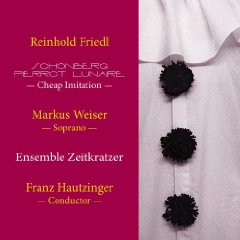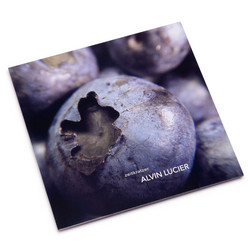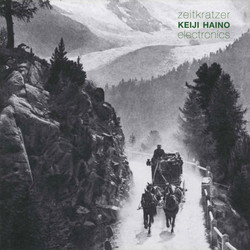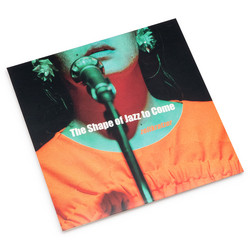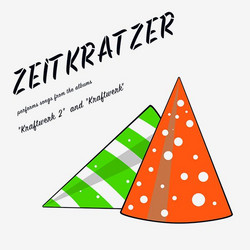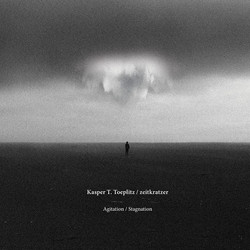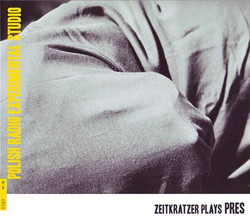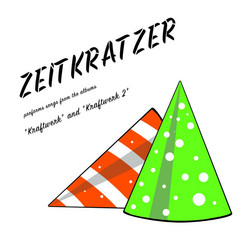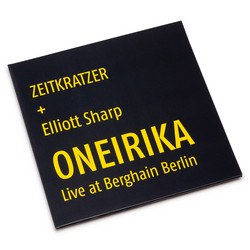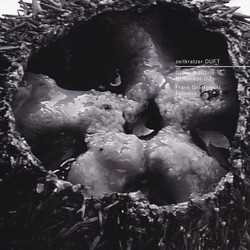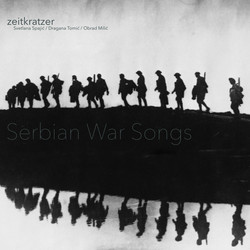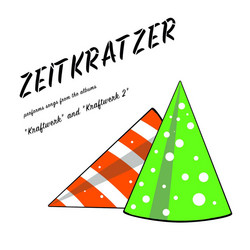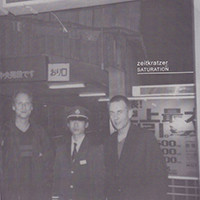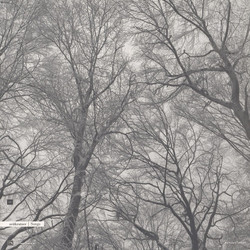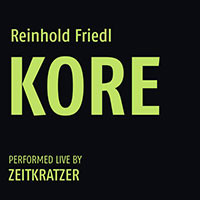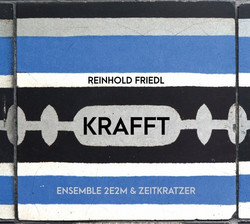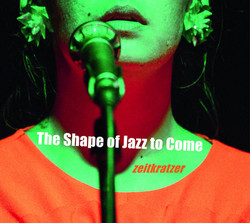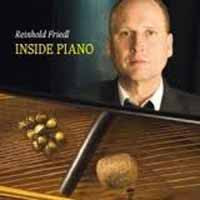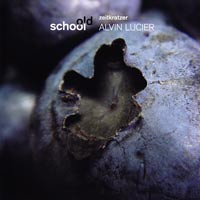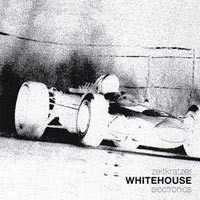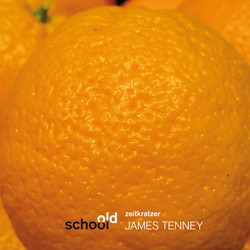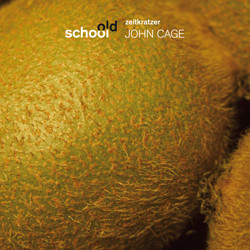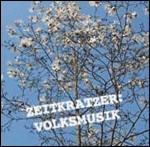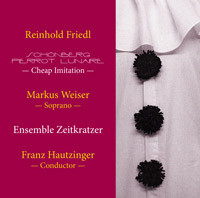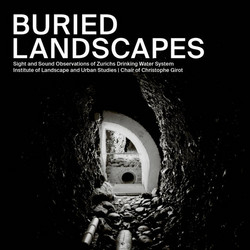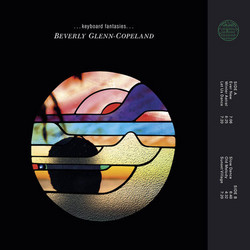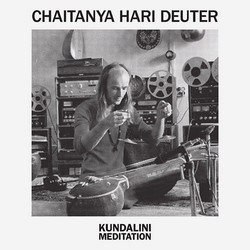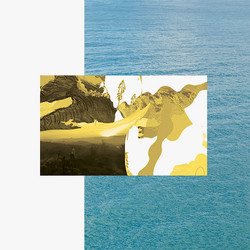1
2
3
he zeitkratzer project Neue Volksmusik (new folk music) is more of a reflex to, rather than a reflection on folk music. This is because the ensemble does not play specific music with any sense of distance. On the contrary, zeitkratzer is taking possession of folk music in its essence. This means that they continue a tradition which folk musics all have in common: constant transformation. No form of authentic folk music can ever be about conservation as a fixed medium, destined for a museum. Genuine folk music is what it is due to an inherent state of flux, defined by its constantly changing nature. It is in fact an authentic practice for zeitkratzer to claim different musical traditions, taking possession of them and forming them to fit specific ideas. This project started a few years ago when zeitkratzer presented Volksmusik, an anarchic ethnomusicological journey through the Danube valley. From heartrending group-yodelling to wild Balkan capers, the ensemble pulled out all the stops! Despite the somewhat brutal humour of the music, there is never an intention to fool around or make a satire on folk music. The origin of Volksmusik always remains audible as an essential reference. The previous folk music repertoire à la zeitkratzer has been expanded for Neue Volksmusik with music traditions from Switzerland. Of course, zeitkratzer does not treat this music in any less of a radical way than their other musical material. In Alpen Horn Noise, (un)traditional alphorn sounds are combined with Romanian folk dance. Acoustic shadows of Bavarian
Austrian music merge with a droning, hurdy-gurdy like singing, suggesting a connection to the Balkan mountains. Musical traditions are tumbled together and meet each other in new ways. We hear some grotesque qualities of folk music, a music driven by cow bell percussion and a manic muezzin. Further on we hear group yodelling, which definitely turns every Alpine milk sour, but which also recalls the original function of shouting as a mountain signal. At the same time, 'Neue Volksmusik' also includes contemplative and serious music. Alpenrose is dominated by uncanny bodyless harmonic sounds, and the chords in Alpsge float ethereally.
Austrian music merge with a droning, hurdy-gurdy like singing, suggesting a connection to the Balkan mountains. Musical traditions are tumbled together and meet each other in new ways. We hear some grotesque qualities of folk music, a music driven by cow bell percussion and a manic muezzin. Further on we hear group yodelling, which definitely turns every Alpine milk sour, but which also recalls the original function of shouting as a mountain signal. At the same time, 'Neue Volksmusik' also includes contemplative and serious music. Alpenrose is dominated by uncanny bodyless harmonic sounds, and the chords in Alpsge float ethereally.
Details
Cat. number: ZKR 0014
Year: 2012
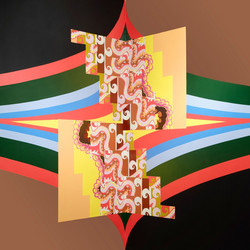
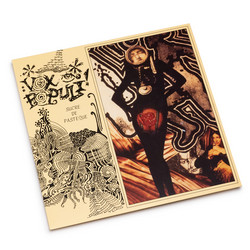
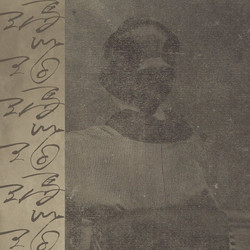
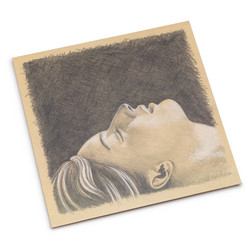
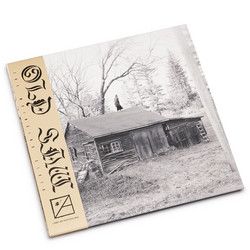
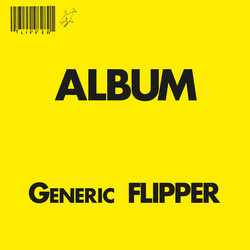
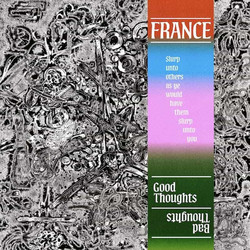
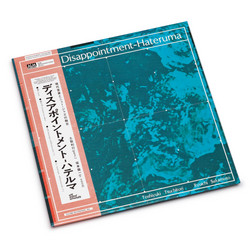
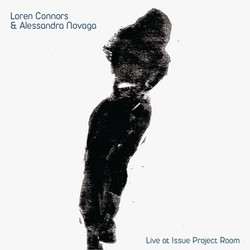

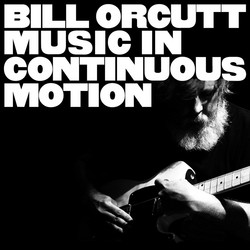
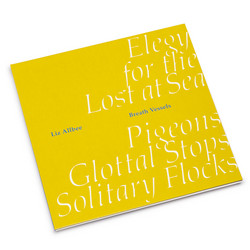

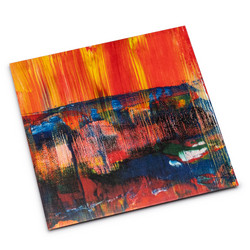
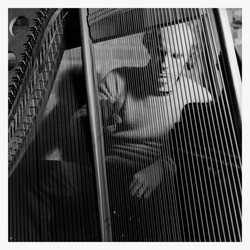
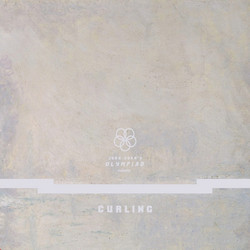
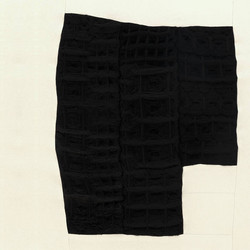
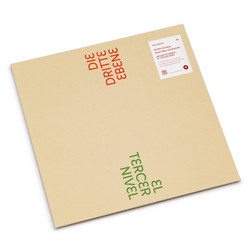

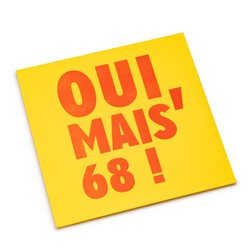
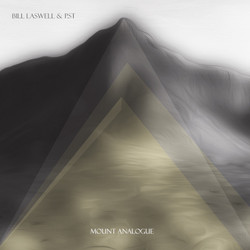
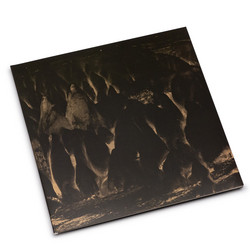
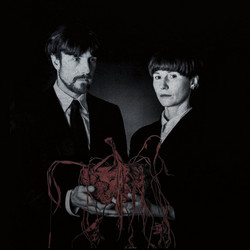
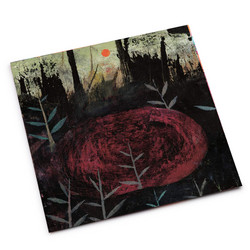
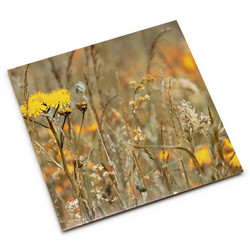
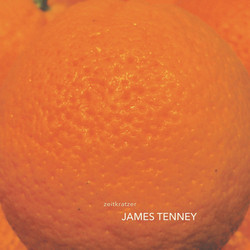
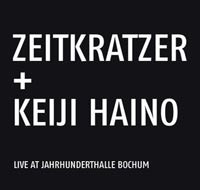
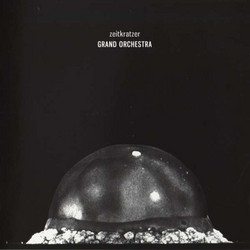
![Noise \ ... [Lärm]](https://cdn.soundohm.com/data/products/2025-05/MTgyNy5qcGVn.250.jpg)
